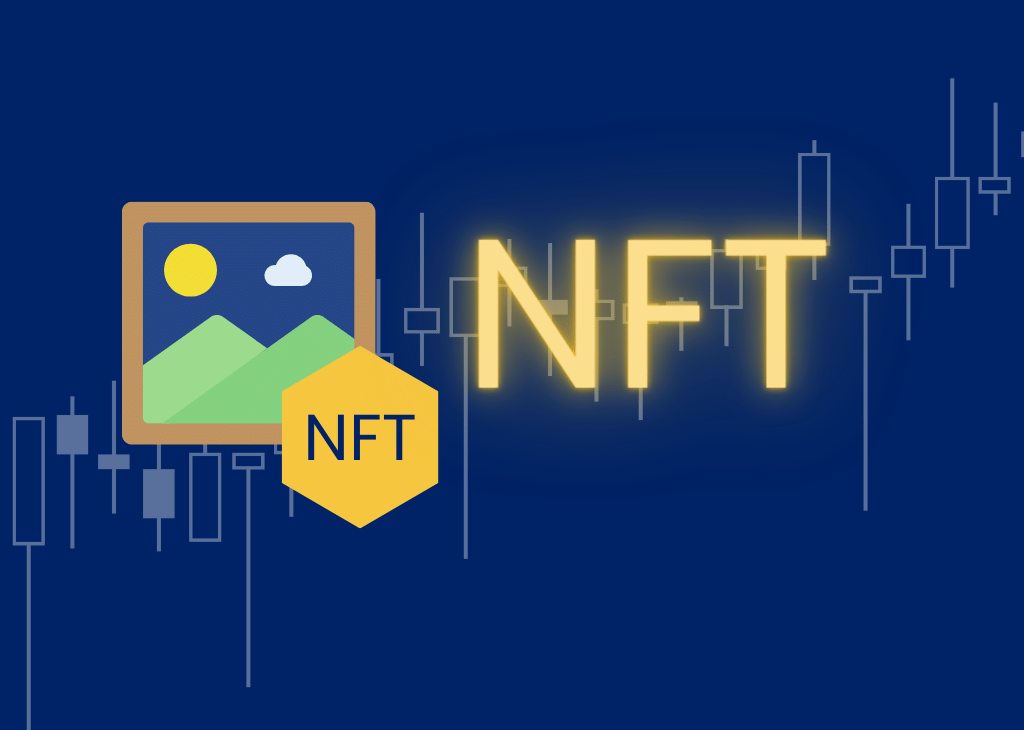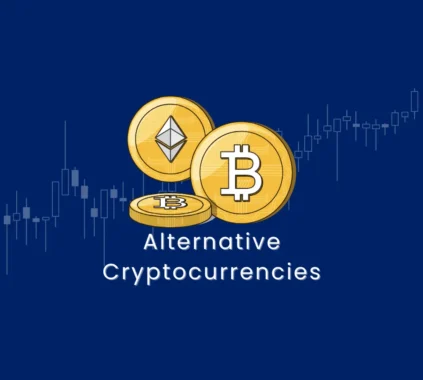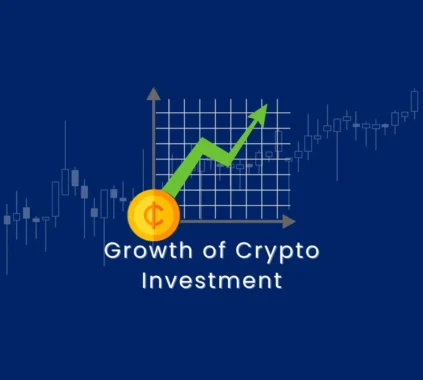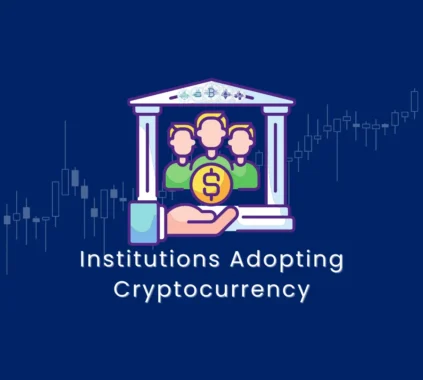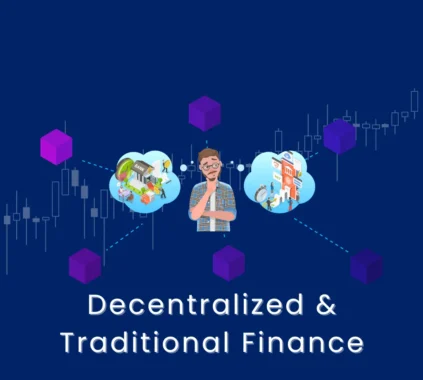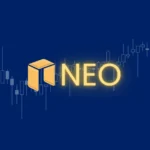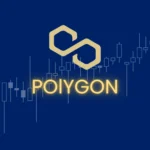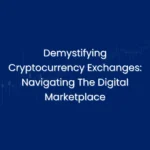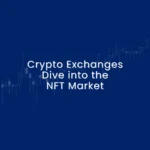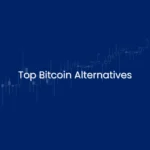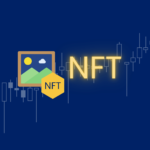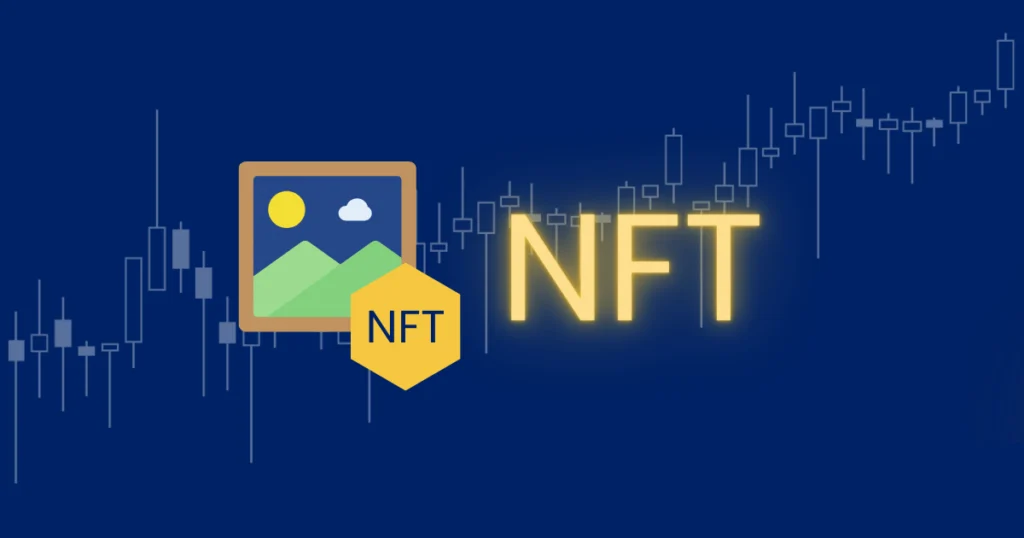
Non-fungible tokens (NFTs) have taken the world by storm, most prominently through their association with digital art markets. But it can also be applied in multiple situations beyond art markets – they represent a profound transformation in how we consider authenticity, value, and ownership in digital media contexts. We will explore here all aspects and uses for it beyond digital art in this blog series.
Once again it’s about being different, and not about following in someone’s footsteps. So just sit tight! And get excited for next Saturday’s big match-up at Twickenham…
What Are NFTs
NFTs (Net Feasible Tokens) are blockchain based digital assets that use ownership or authenticity verification of an object or piece of material for ownership verification.
It differs significantly from traditional fungible currencies like Bitcoin or Ethereum in that they cannot be swapped directly between peers rather they have their distinct trading patterns which cannot be mimicked exactly with any one for one swaps that might take place like with Bitcoin and Ethereum, for instance.
NFTs and Digital Ownership.
Digital ownership has historically been an intractable problem due to easy file duplication and distribution.
It makes digital ownership simpler by offering an alternative way of assigning and verifying ownership for digital items using decentralized and secure blockchain technology to register ownership rights, providing protection and authenticity of the ownership register.
Beyond Art: Exploring Use Cases of NFTs
1. Gaming
Providing users the chance to own in game items through it could transform gaming, much like owning real collectibles such assets could be bought, sold, and traded between platforms while even increasing in value over time.
2. Collectibles Collectibles make for ideal NFT assets
Trading cards, virtual pets, or limited edition toys all can be tokenized using digital certificates of authenticity and ownership.
3. Music and Entertainment
Musicians and artists are turning to NFTs as a new revenue stream and a way to deepen fan engagement by selling access to albums, special editions, or concert tickets that they cannot otherwise get their hands on.
This approach not only generates additional funds but also offers them another means for engaging their fan base directly.
4. Domain Names
Blockchain-based domain names can be purchased as non-fungible tokens (NFTs), giving their owner authority over them and streamlining and strengthening domain ownership and transfer procedures.
5. Intellectual Property and Licensing
It represents an innovative method for protecting intellectual property rights.
By making content licensing simpler, It could enable authors to start earning from their creations immediately.
6. Real Estate and Virtual Land
National Financing Trusts can not only represent ownership in digital worlds but can also simplify purchasing real-world property by digitizing deeds.
7. Identity Verification
It offers several uses in identity verification. A token could represent an individual and make it simpler and safer to prove and safeguard personal identities online.
8. Supply Chain and Logistics
It can track the provenance of products within their supply chains, offering new levels of transparency by verifying the authenticity of goods from manufacturer to consumer.
9. Legal Documents
Tokenizing legal documents as NFTs could revolutionize contract management and verification processes, with blockchain serving as an unalterable record of agreements made on both sides.
Physical Asset Tokenization it represent physical assets like art, real estate, and cars to offer new avenues for ownership distribution and investment opportunities.
But are NFTs worth exploring further in terms of future developments and potential difficulties? Keeping this in mind could open new frontiers of opportunity as we discover its advantages and drawbacks in 2017.
Keeping this in mind is something many investors might wish for when thinking of adopting tokenization schemes to their investments or owning assets themselves as NFTs become part of ownership distribution and investment options for ownership distribution or investment strategies than ever imagined before.
What Are NFT’s Future and Difficulties Concerning NFTs
Addressing Issues
NFTs present great potential but also face barriers such as unclear regulations, copyright/IP rights issues, and environmental problems caused by blockchains using up significant energy consumption.
The Evolving Landscape The NFT landscape is rapidly developing with new standards and platforms emerging to address its many challenges. Sidechains and layer-two solutions have emerged to reduce environmental impact while smart contract capabilities expand their use cases further.
NFTs are revolutionary technologies with the potential to transform digital ownership and economy models, opening doors across sectors for exciting opportunities across a range of sectors and providing us a glimpse of decentralized, secure, verifiable ownership soon. Creative applications of it should continue expanding the realm of what can be conceived within digital environments as technology progresses.

